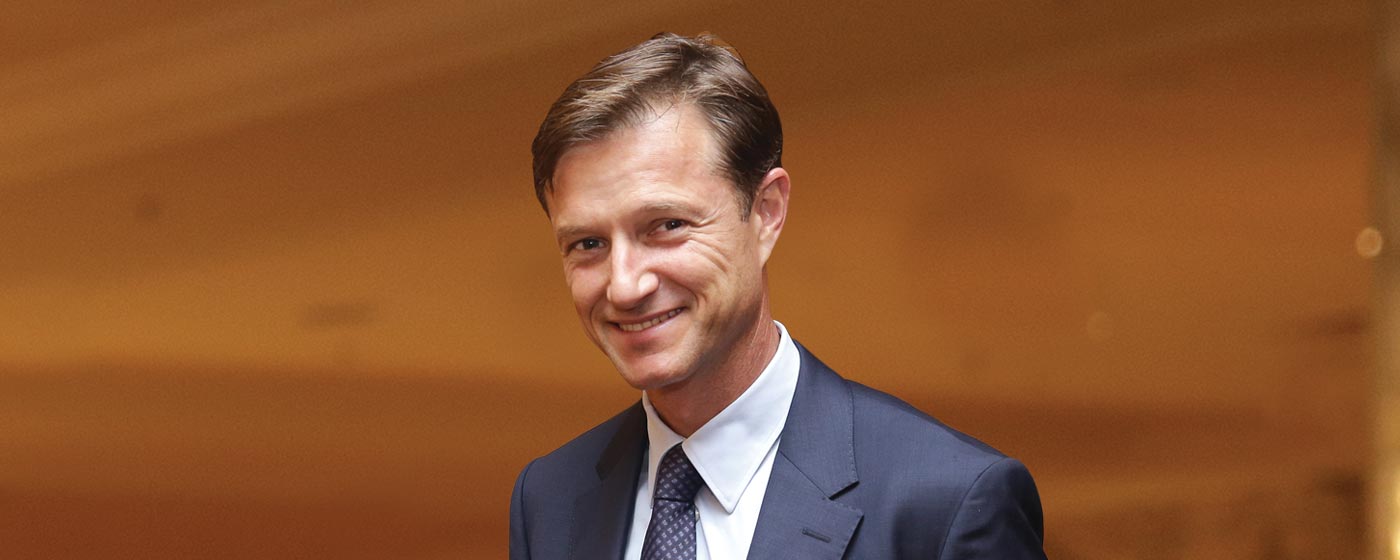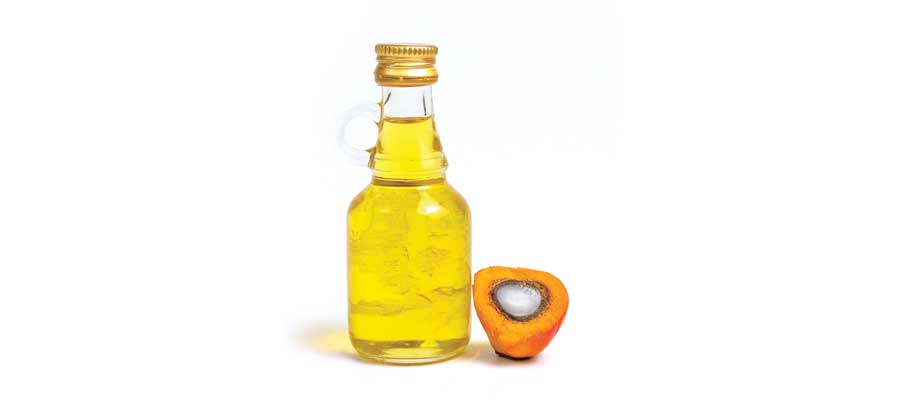



Action expected of RSPO
In this connection, I wish to highlight that we are not just off course, but dangerously off course when it comes to the following points.
Firstly, the RSPO and its members must work much, much harder in our commitments towards improving the uptake of RSPO certified palm oil. Right now there is a huge gap between supply and demand. Uptake is only 65% of all the palm oil certified. This is as disappointing as wet gunpowder and it sends a discouraging, hypocritical message of ‘do as I say, but not as I do’.
And I will be clear. The growers expect action. While the grower fraternity has just shown a willingness to change, to innovate, to now halt deforestation, to now stop any new plantings on peat soils, they also expect the NGOs, consumer goods manufacturers and retailers – and the Secretariat of the RSPO – to direct just as much attention and energy towards improving uptake and not just pursuing higher standards for the growers. The growers now demand that this principle of shared responsibility or commensurate effort is applied and is no longer ignored.
The time has come where RSPO members should be obliged to put forward and be audited against time-bound plans to move towards 100% certified palm oil. The practice of shifting the goal-posts when voluntary targets approach must come to an immediate end. It must stop.
Should the grower base observe that the supply of RSPO palm oil continues to outstrip uptake, well, I fear that – and would fully understand if – the growers decide not to participate in any future reviews of the P&C.
Secondly, I wish to mention the smallholders who make up 40% of Malaysia’s, 50% of Indonesia’s and 80% of Thailand’s production of palm oil today. Let it be clear that the smallholder fraternity by and large finds that RSPO standards are simply too steep a mountain for them to climb.
Less than 3.5% of the world’s smallholders have been RSPO-certified. In Malaysia and Thailand, less than 1% have been certified. We cannot turn our backs on smallholders and ignore their plight of just wanting to improve their livelihood.
Indeed, we must do our best to ensure that the smallholder fraternity is not left behind. I am pleased to note the tremendous work undertaken by the Smallholder Interim Group, as well as the development of the new Smallholder Standard, currently underway.
As Winston Churchill once said: “It is good to have a strategy, but occasionally you need to see results.” The time for results has arrived, and we need to show these.

The final word of caution to the RSPO and its members concerns the shared objective of fulfilling the United Nations Sustainable Development Goals (SDGs). Please be reminded that the UN’s key objective and goal is leaving no one behind – I repeat, leaving no one behind – in its pursuit of fulfilling the SDGs, especially the less privileged members of our fraternity who find making a living difficult.
The RSPO must do its best to support the SDGs but, in doing so, we must be cautious not to let an egalitarian – or shall I say, an elitist mentality – rule the RSPO, thereby putting the cart in front of the horse.
What do I specifically mean by this? I mean that, by pursuing the strictest environmental and social standards within the commodity sector today, we now seriously risk eliminating 60-70% of the world’s palm oil producers from ever being able to live up to the RSPO’s standards. They see the standards as being too demanding, too expensive and too difficult to reach; but, above all else, as a hindrance and an obstacle that ultimately goes against the SDGs.
The RSPO therefore risks becoming a niche certification – a certification for the few, for the resource strong. And while RSPO certification is beyond doubt the Gold standard of sustainability, it will never become the norm. We all need to wake up to this reality.
Edward Demming, a leader in corporate change once said: “It is not necessary to change, survival is not mandatory.” But he also said: “It is not enough to do your best; first, you need to know what do to – and then you need to do your best.”
The RSPO, like the SDGs, is about partnership. We therefore need to see greater smallholder inclusion; a considerable increase in certified sustainable palm oil (CSPO) uptake; and that stakeholders do not shy away from what has been produced.
If these points are addressed, and combined with a concerted effort from all links in the supply chain, we can adjust our course for increased CSPO production, demand and uptake. This will put us firmly on the path towards market transformation, and thereby avoid falling victim to faulty navigation.”
This is an edited version of the speech.

Pages : 1 2